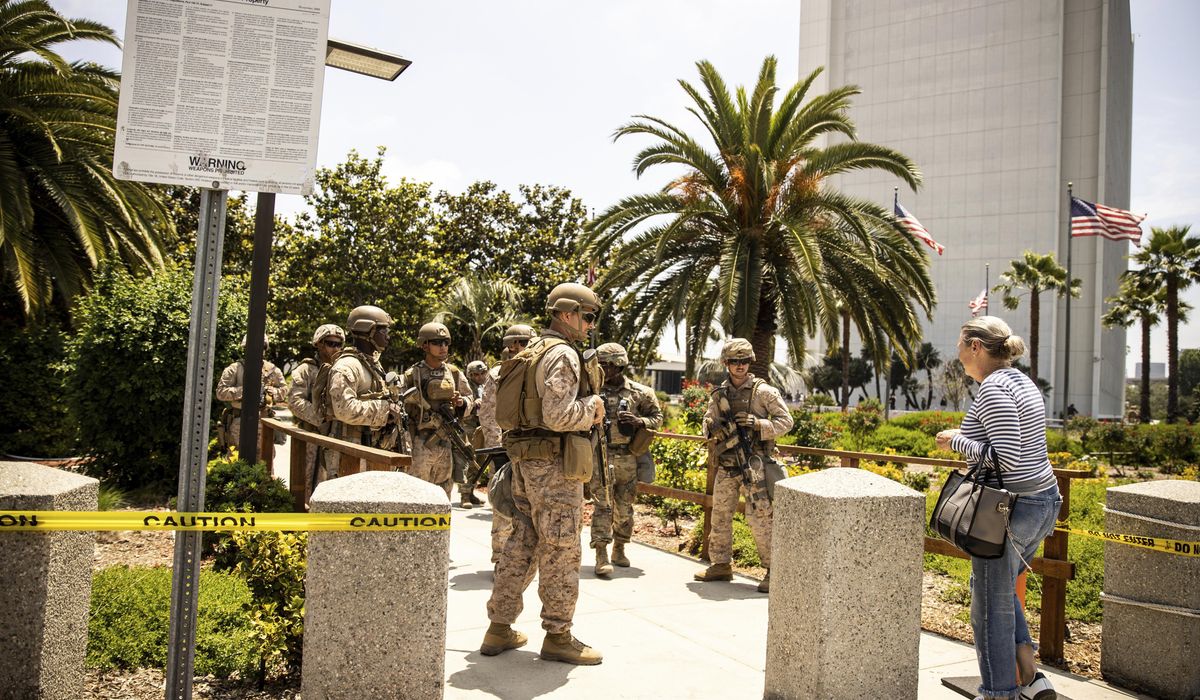ARTICLE AD BOX
The Supreme Court gave a brief reprieve Tuesday to President Trump in his battle to refuse to spend $4 billion in foreign assistance money.
The justices, in a brief order, halted a lower court ruling that directed the president to take steps to begin to pay out the money.
The “stay” of the lower court decision is intended to give the sides more chance to submit briefs in the case. The justice gave the groups challenging the president until Friday to file their argument.
Mr. Trump is attempting to perform a “pocket rescission” of the money, delaying funds until after the fiscal year ends on Sept. 30. He has argued that under the law, because he has proposed that Congress revoke the money, he doesn’t have to spend it right now, and it expires at the end of the month.
This is the second time the Supreme Court has intervened in the case.
In February, it largely sided with Judge Amir Ali, the Biden appointee handling the case. In that early ruling, the justices backed Judge Ali’s order that money be spent, though the high court urged him to be more lenient on the timeline.
U.S. Solicitor General D. John Sauer had asked the court earlier this week to intervene, saying Judge Ali was meddling in core spending decisions left to Congress and the president.
Congress allocated the money last year. Mr. Trump initially blocked tens of billions, and as recently as earlier this month had yet to spent more than $10 billion.
Mr. Sauer said the administration will spend most of that.
But Mr. Trump has asked Congress to rescind $4 billion. Capitol Hill has yet to act. Under the law, the president can delay spending the money for 45 days after he sends an official rescission proposal.
Mr. Trump, however, waited until the end of the fiscal year — when the money expires — was less than 45 days away.
The groups that sued Mr. Trump said that can’t be allowed to stand.
“The government’s theory that the agencies need not comply with enacted legislation mandating that they spend funds, because the President has unilaterally proposed legislation to rescind those statutory mandates, would fundamentally upend our constitutional structure,” the lawyers argued.
Judge Ali largely agreed in his Sept. 3 ruling.
“The appropriations acts remain law and, notwithstanding the rescission proposal, ’Congress has not altered the legal landscape,’” he wrote, citing Supreme Court precedent. “Defendants accordingly remain under a duty to comply with the appropriations laws unless and until Congress does change the law.”

 6 hours ago
15
6 hours ago
15








 English (US) ·
English (US) ·